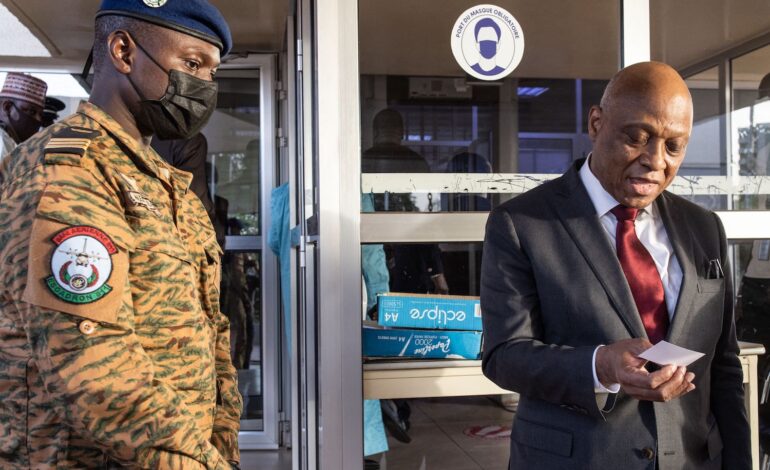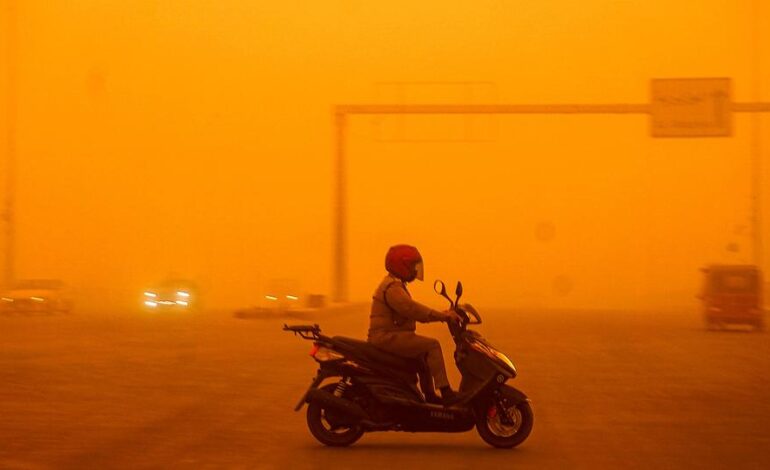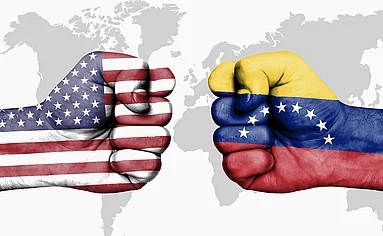
Avellon Williams
VENEZUELA- In a gesture intended to encourage negotiations between the US-backed opposition and the government of President Nicolás Maduro, the United States is easing a few economic sanctions on Venezuela.
According to two top US government officials, “the limited changes will allow Chevron Corp to negotiate its license with the government-owned oil company, PDVSA, but prevent the company from drilling or exporting any petroleum of Venezuelan origin.”
Due to the fact that no official announcement had been made, the officials spoke on the condition of anonymity.
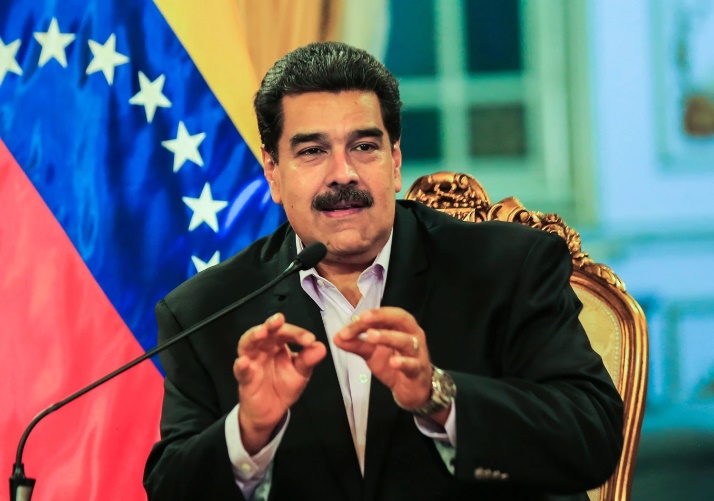
They also announced that Carlos Erik Malpica-Flores – the nephew of Venezuela’s first lady and a former high-ranking PDVSA official – would be removed from a list of sanctioned individuals.
The move comes after goodwill gestures made by Maduro after meeting with representatives of the administration of President Joe Biden in March and a recent meeting among US officials and the Unitary Platform opposition coalition to discuss a course of action.
“These are things that … the Unitary Platform negotiated and came to us to request that we do in order for them to be able to return to the negotiating table,” one official explained.
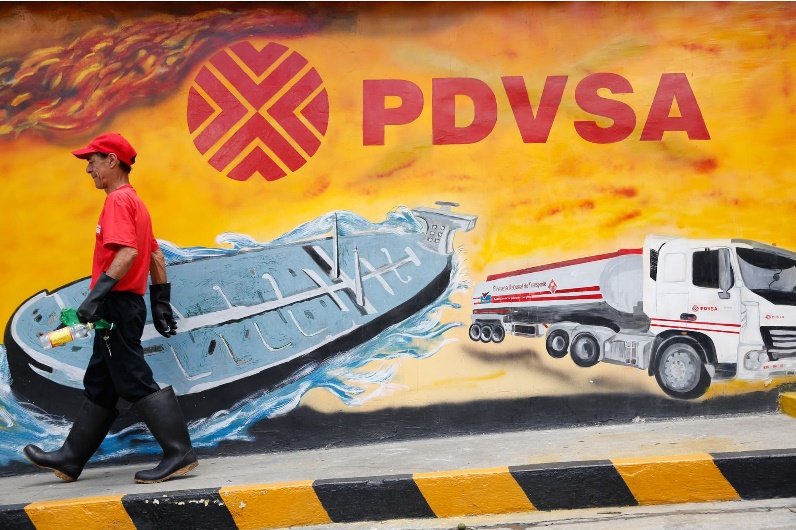
More than 140 entities, including Venezuela’s Central Bank, and scores of Venezuelan officials will remain sanctioned, including the country’s attorney general and head of its penitentiary system. Transactions with the Venezuelan government and PDVSA will still be prohibited by the US Treasury Department.
Maduro himself is under indictment in the US, accused of conspiring “to flood the United States with cocaine” and use the drug trade as a “weapon against America”.
The Venezuelan government suspended talks with the opposition after a key ally of Maduro was extradited to the United States on money laundering charges in October. At the time, Maduro’s return to the negotiating table was conditioned on the release of businessman Alex Saab, who was extradited from Cape Verde, an African nation.
Negotiations were conducted in Mexico City under Norwegian diplomatic guidance. A continuation of the dialogue is expected within a few weeks, according to US officials.
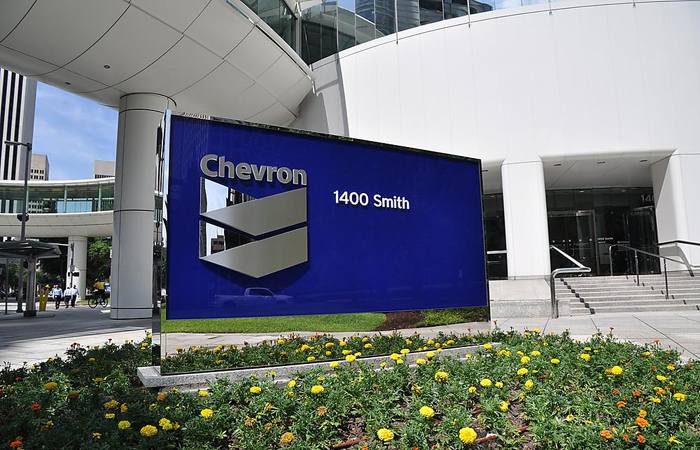
Chevron, based in California, is the last major US oil company to do business in Venezuela, where it made its first investment in the 1920s. Since 2020, the US government has ordered it to wind down the production of its four joint ventures with PDVSA, which produced about 200,000 barrels of oil per day in 2019.
Since then, it has been permitted to do only essential work on oil wells to maintain its assets and employment levels in Venezuela.
Though Venezuela sits on the world’s largest oil reserves, its political instability and economic decline have driven over six million people to migrate in recent years. More than three-quarters of those who remain live on less than $1.90 a day, which is considered the international poverty standard. The majority lack access to clean water and electricity.
After accusing Maduro of rigging his 2018 re-election, the US and other countries withdrew their recognition. They recognized Juan Guaidó, leader of the opposition-dominated congress at the time and now leader of the Unitary Platform.
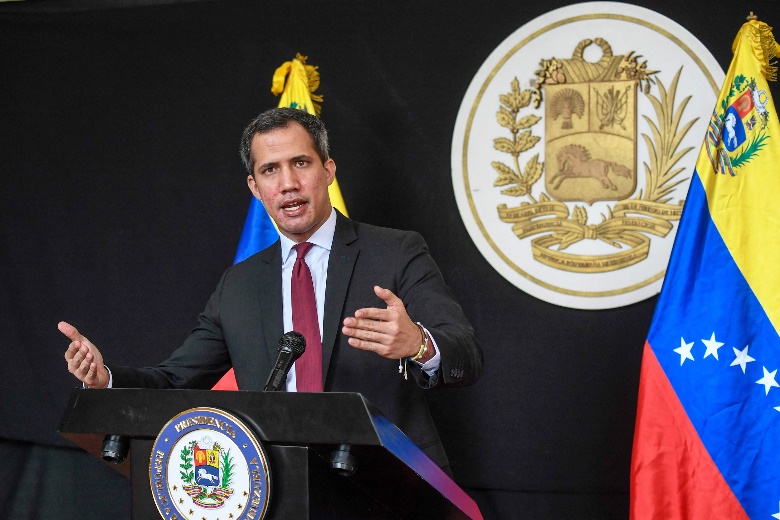
In an attempt to remove Maduro and restore Venezuela’s stolen democracy, the US has used financial and personal sanctions, criminal indictments, and support for clandestine groups for the past five years.
As a result of Russia’s invasion of Ukraine, which upended the world order and forced Washington to rethink its national security priorities, US officials visited Venezuela’s capital, Caracas, in March to meet with Maduro.
The meeting ended with Maduro releasing two American prisoners and promising to resume negotiations with his opponents.
According to senior US officials, the government will calibrate sanctions based on the results of the negotiations and reimpose them in the event that the dialogue process stalls.
The former PDVSA vice president of finance was Malpica-Flores, national treasurer of Venezuela. As part of US efforts to target Venezuela’s rampant government corruption, he was sanctioned in 2017.
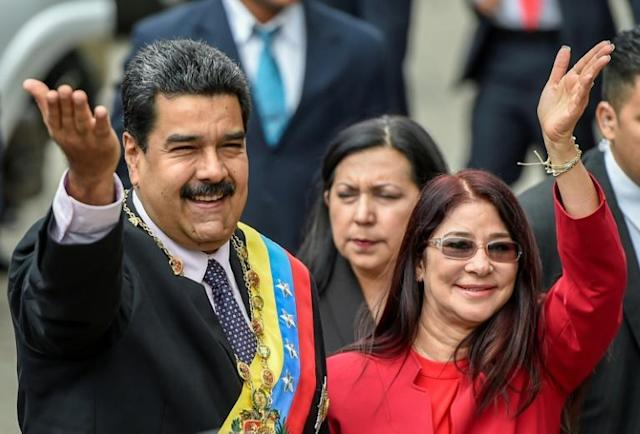
His aunt, Cilia Flores, is one of Venezuela’s most influential members of the government, and she serves alongside her husband President Maduro daily. In the US, two other nephews of hers are serving drug conspiracy convictions.


